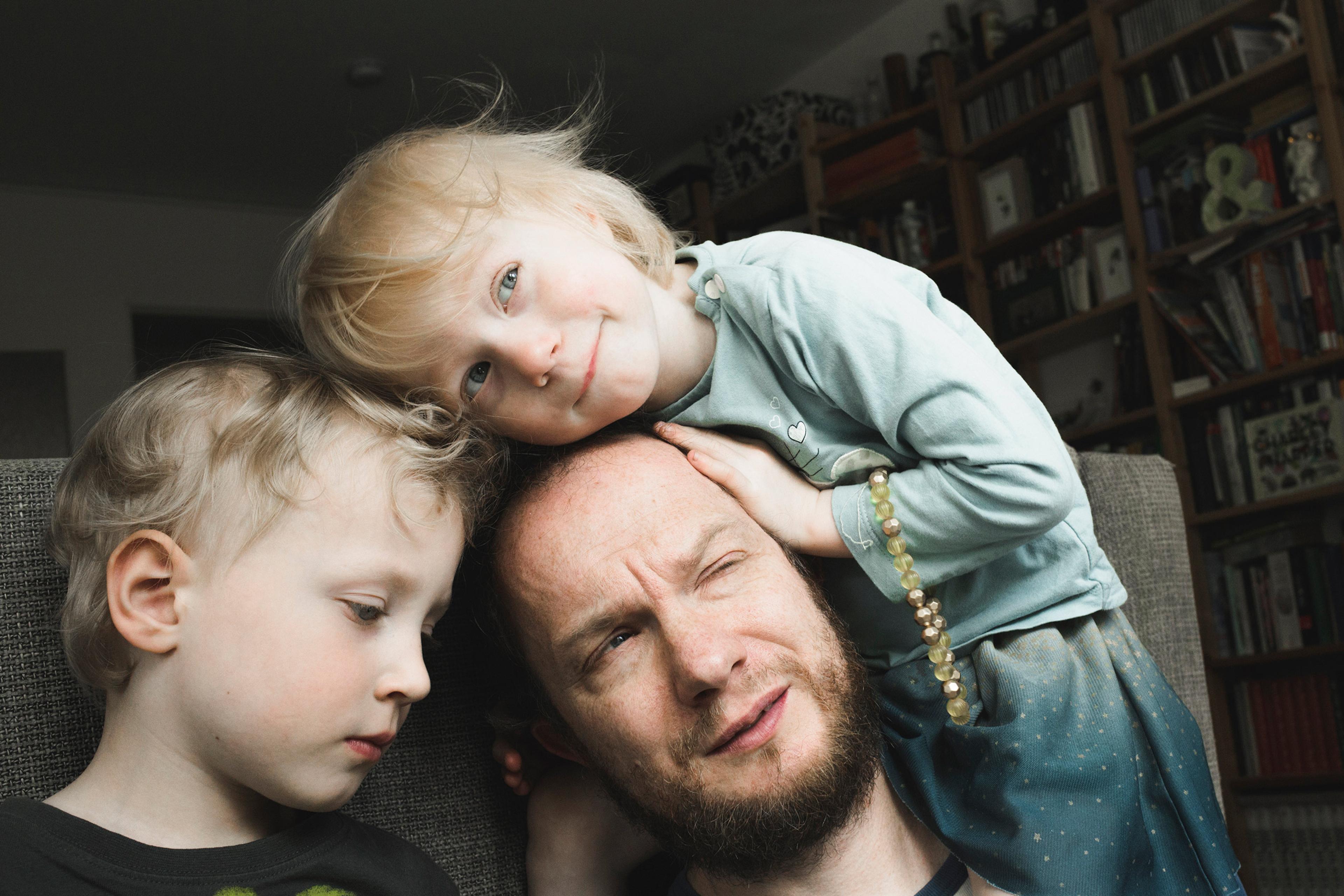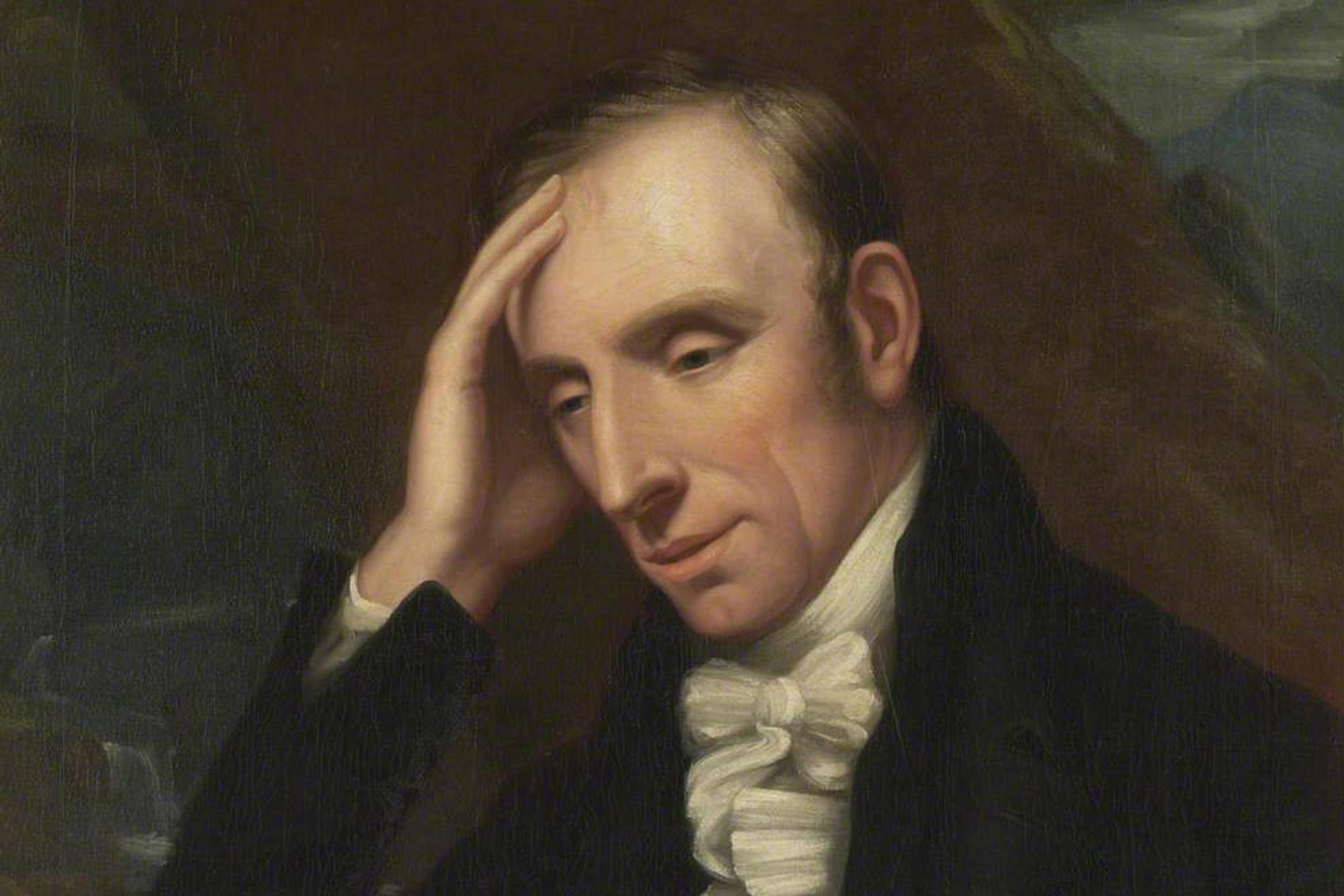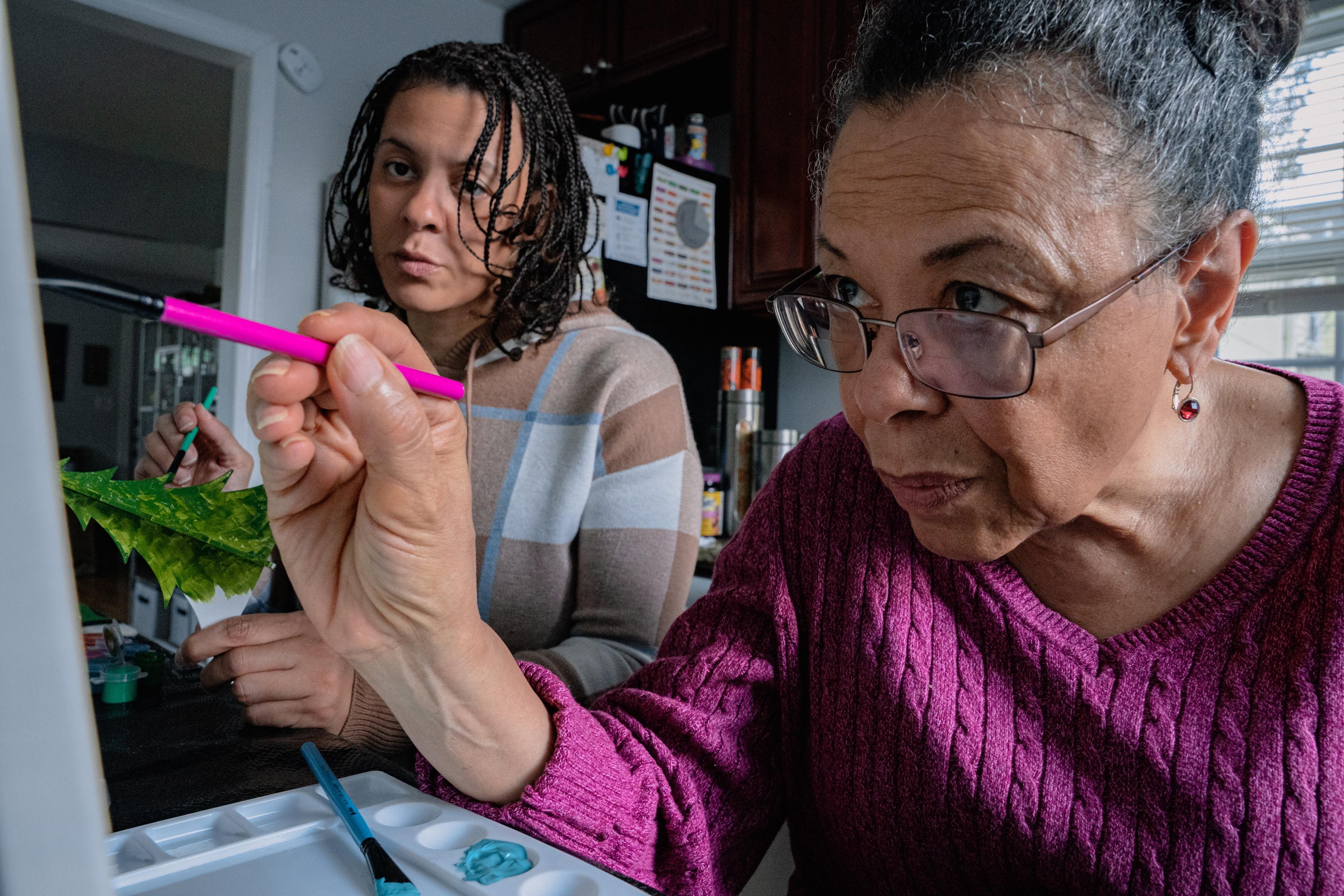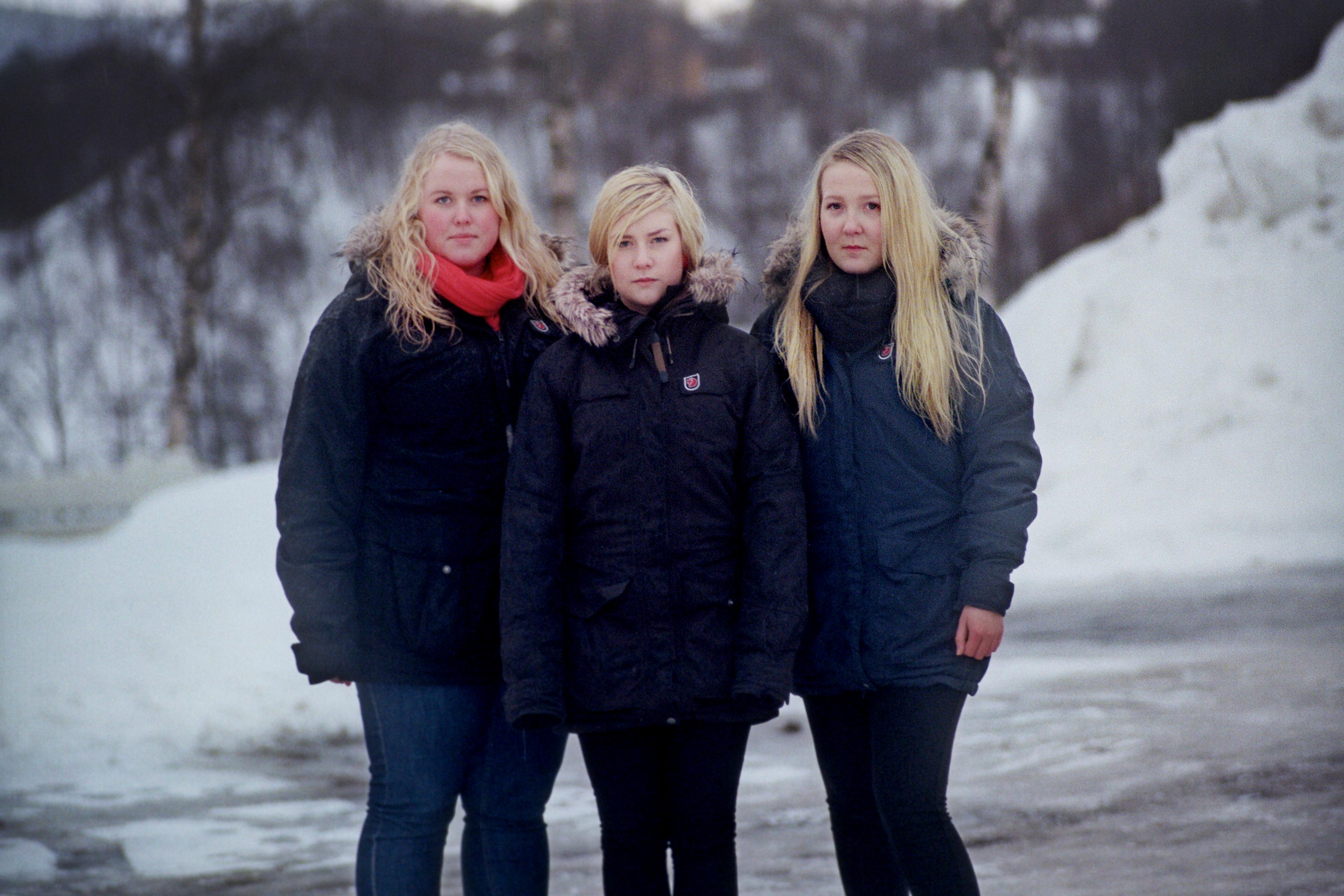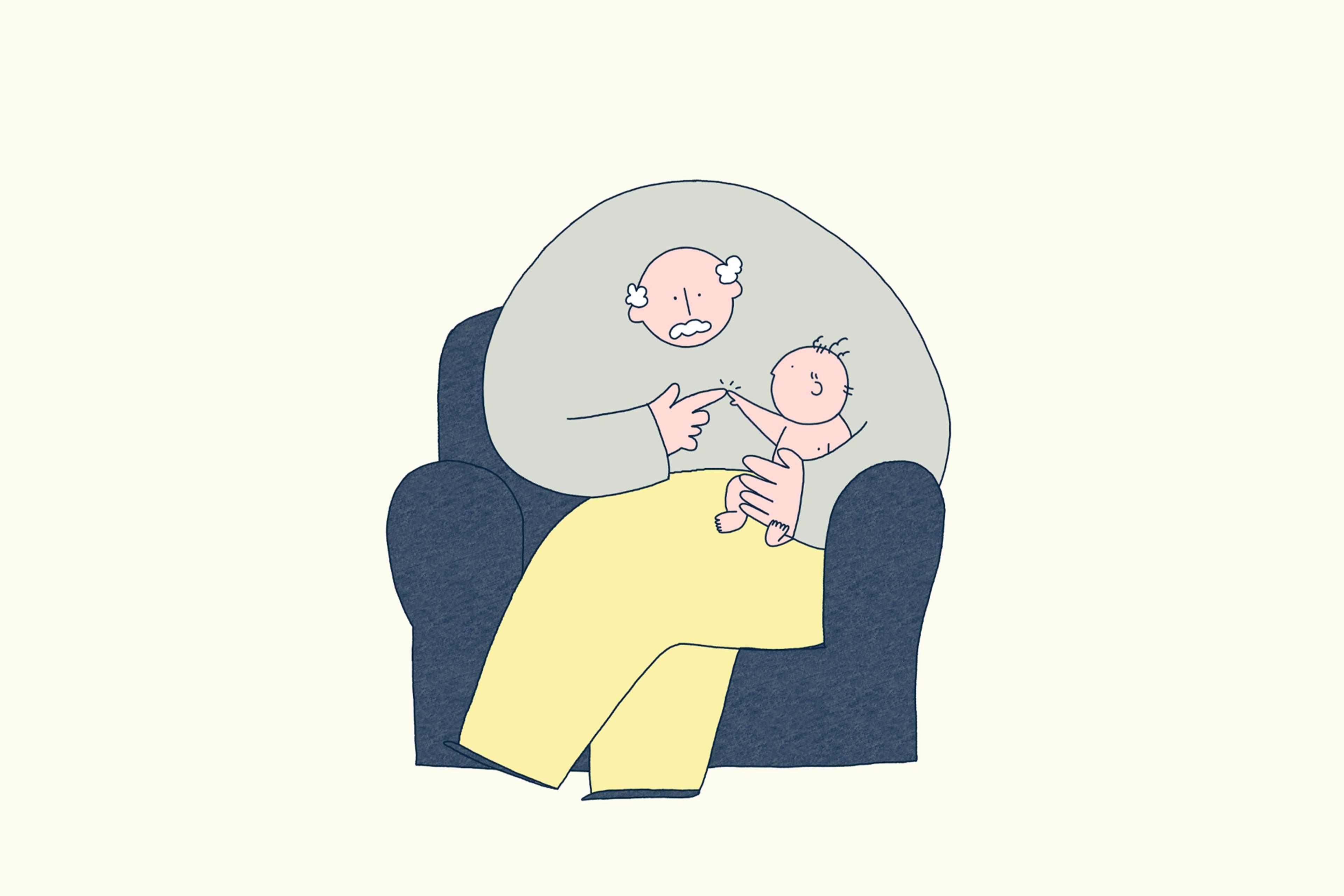My twins turned 11 the other day. I’m thankful the endless nappy changing and interrupted nights of their infancy are in the distant past. But there are new stresses, such as becoming an on-call chauffeur – to parties, sleepovers and sports clubs. Then, as now, the end result is similar: I’m frazzled most of the time. Ask me to guess and I’d say that being a parent has probably accelerated my brain age. So you can imagine my surprise when I stumbled upon a new paper in the journal Social Cognitive and Affective Neuroscience by James K Rilling and colleagues that claims caregiving – including being a dad – is associated with having a brain that’s young for your age.
The study builds on past research that found mothers and fathers in their 50s had a younger ‘brain age’ compared with their childless peers – by about half a year. This was based on measures of their brain structure, such as white- and grey-matter volume, as judged against databases of hundreds of brains of various ages. The new study extended this pattern to grandmothers and people caring for someone with dementia, and the findings suggested the brain age benefit might be even greater later in life. Compared with controls, grandmothers and caregivers had brain ages that were between four and six years younger, on average (after adjusting for other factors such as income and BMI). Both the old research and the new suggest there’s a sweet spot – too many (grand)kids or too much stress and the brain benefits are reduced.
As to why caregiving is associated with lower brain age, the researchers propose various reasons, such as being more mentally and physically active, the emotional connection, and the sense of meaning and purpose that comes from being a caregiver. My brain feels tired, but it’s nice to know the responsibilities of parenthood might be keeping it youthful!
